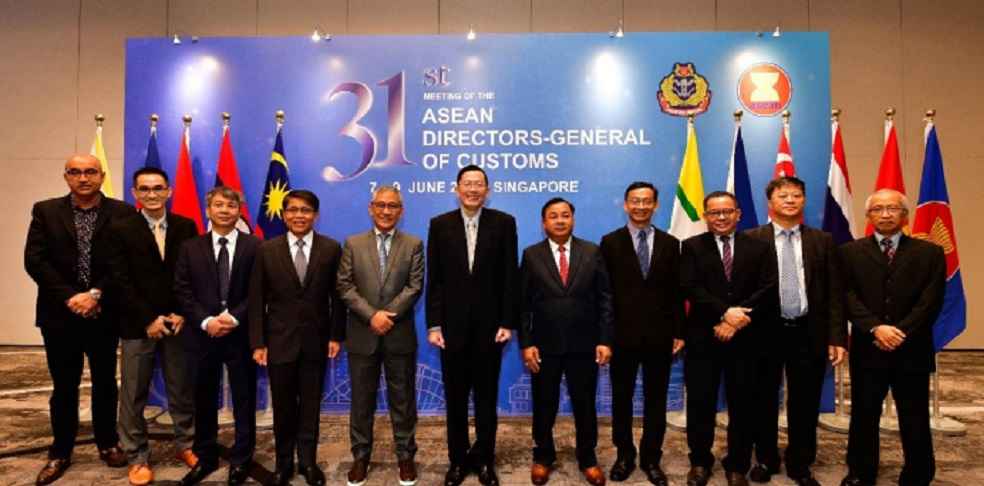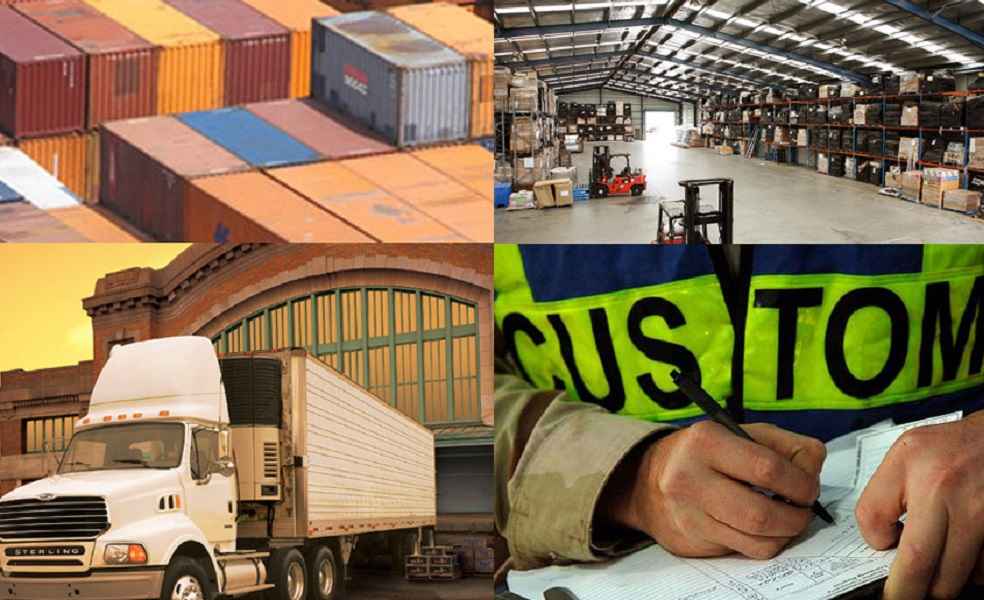With a decisive stride set to restructure trading dynamics within Southeast Asia, all ten Customs Administrations of the ASEAN Member States (AMS) have united to sign the Mutual Recognition Arrangement (MRA) for their Authorised Economic Operator (AEO) Programs, a monumental step aimed at crafting a more predictable and transparent trading environment across member nations.
Dubbed the ASEAN AEO MRA (AAMRA), this agreement aligns seamlessly with the norms and standards delineated by the World Customs Organization (WCO) SAFE Framework of Standards to Secure and Facilitate Global Trade (SAFE Framework). It’s conceived to ensure that certification standards across AMS customs administrations harmonize efficiently. The Association noted that certified AMS AEOs are poised to benefit from accelerated cargo clearance and priority treatment during cargo inspections, thereby amplifying trade efficiency within the ASEAN community substantially.

The AAMRA initiative also resonates with the visions encapsulated by the ASEAN Economic Community Blueprint 2025, striving to foster a seamlessly integrated and cohesive ASEAN economy. By diminishing regulatory hurdles and simplifying customs procedures, AAMRA is anticipated to substantially propel intra-ASEAN trade, navigating the region towards a more collaborative and prosperous economic landscape.
Six nations including Brunei Darussalam, Indonesia, Malaysia, the Philippines, Thailand, and Singapore have declared their plan to initiate a six-month pilot implementation of the AAMRA by the end of 2023. The aim is to reach a full-fledged implementation across these nations by the third quarter of 2024. The other four AMS countries are set to kickstart their participation in the second pilot implementation in 2024, marking a phased yet determined approach toward actualizing the objectives of AAMRA.

Dr. Kao Kim, the Secretary-General of ASEAN, conveyed the collective optimism surrounding AAMRA. He said, “The AAMRA demonstrates AMS’ strong cooperation to enable the seamless movement of goods within ASEAN in order to enhance intra-ASEAN trade and promote economic development and growth. It will play a vital role in strengthening supply chain connectivity as businesses would enjoy increased cost savings due to reduced administrative burdens and better predictability of cargo movement.”
The collaborative spirit embodied by the AMS in ratifying the AAMRA underscores a regional aspiration to reinvigorate the trade landscape, which is timely, given the evolving global economic scenario. The streamlined customs procedures under AAMRA are not merely a bureaucratic adjustment, but a strategic pathway towards a more interconnected and economically robust ASEAN community.
GLOBAL ROUNDUP | UAE-Thailand CEPA: $300M Boost for Thai Economy



